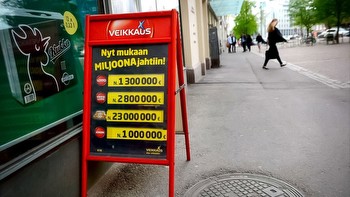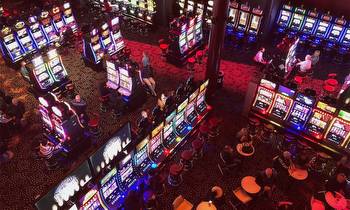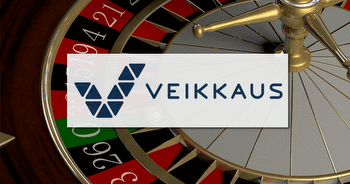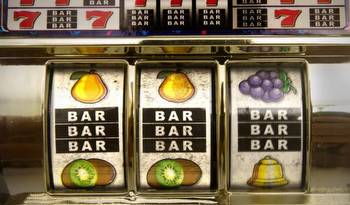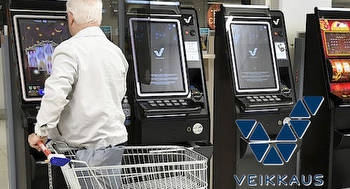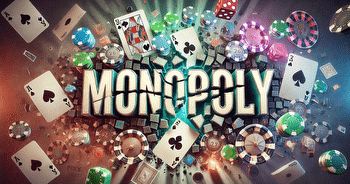Finland to open up online gambling market

It is rare that government and opposition parties agree on something – and that applies to most countries. But last September, when Demokraattii, the newspaper of the Finnish Social Democratic Party, asked seven parties in the Finnish Parliament about their position on government’s plans to open up the online gambling market and introducing a licensing system for online gambling, only one of the parties said they would continue supporting the monopoly model.
Finland is the only country in the EU to still have a monopoly model for the online gambling market. Last June, however, when publishing its programme, Finland’s new government said it would open up the online gambling market and introduce a licensing system for online gambling by January 2026. This announcement came after the government conducted a study comparing Finland’s monopoly system to peer countries abroad – with the study recommending that Finland should reform its monopoly system.
Finland’s proposed model will be similar to that of neighbouring Sweden – in that it will be a hybrid system that is a mix between licensing system and a monopoly. This will see current monopoly holder Veikkaus Oy retaining its exclusive right on slot machines, brick-and-mortar betting, lottery tickets and lottery and raffle games, while the licensing system will be adopted for online betting and online casinos such as suomen-kasinot.com.
The licensing system will include both online casino games and sports betting. Also, Veikkaus will be divided into two separate legal entities – one operating within the context of monopoly services, while the other will operate in the licensed gambling market. This change in Veikkaus’ set-up will effectively reverse the 2017 merger between Veikkaus, slot business Raha-automaattiyhdistys and horse race betting operator Fintoto.
At the core of the new regime is the prevention and reduction of gambling-related harm – as it is believed that a licensing model will improve Finland’s channelisation rate to legal platforms. According to government date, the current channelisation rate to the white market is only at 50 per cent.
Prevention will also be achieved through moderate and responsible marketing. Moreover, under the proposed regime, players will need to express explicit consent. Other measures intended to boost responsible gaming and protect players include a single service point that enables consumers to block gambling on all platforms offering licensed services.
The revised system is also intended to help government crack down on illegal gambling activities. A recent study conducted on the monopoly of gambling activities in Finland shows that the Finnish State loses significant revenue because of gambling activities taking place outside the monopoly system – the study estimates this loss to be around €550 million per year. New regulations will also further empower the Finnish regulator – as government says it intends to introduce more measures to combat money laundering and sports integrity violations.








